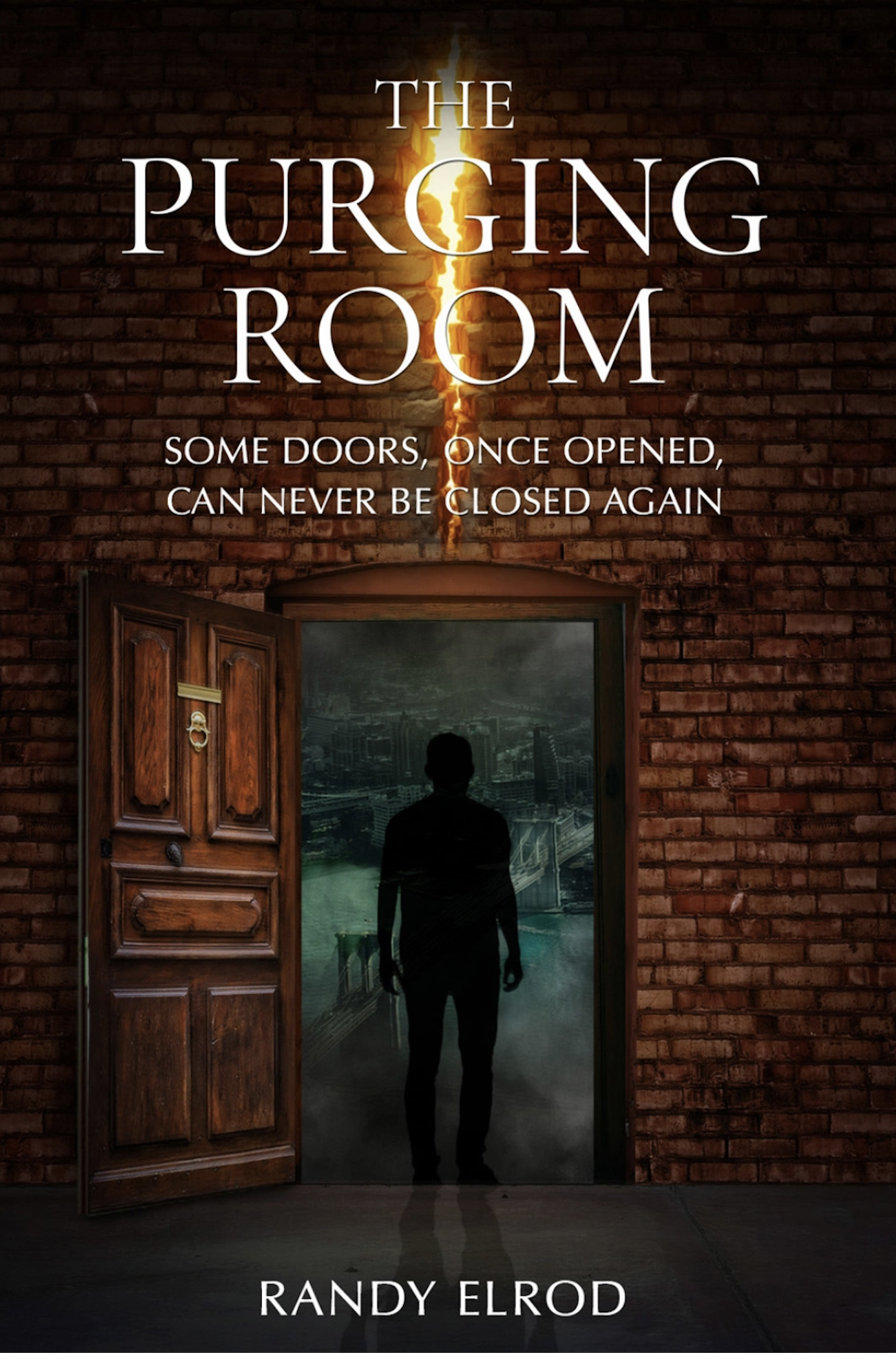In the labyrinthine streets of Barcelona, where Gothic spires rise above modernist masterpieces and ancient Roman walls embrace Mediterranean shores, I found the perfect muse for my transformative novella, The Purging Room.
The idea was born in the Appalachian wilderness, but it needed Barcelona’s unique blend of architectural time travel, artistic rebellion, and sensual atmosphere to fully emerge.
A City of Hidden Doorways
Barcelona is a city of thresholds—physical and metaphorical. From the unmarked doors of private modernist courtyards to the secret passages of the Gothic Quarter, the city embodies the central metaphor of my novella: transformative spaces hidden just beyond ordinary perception.
Walking through Barcelona is like moving through layers of consciousness. You turn a corner and suddenly encounter something miraculous—a Gaudí façade that seems to breathe, a Roman column embedded in a medieval wall, a tiny plaza revealing itself like a secret kept for centuries.
This experience directly informed the mysterious speakeasy and circular Purging Room in my novella, where the protagonist Phoenix Adams undergoes his transformation through encounters with four literary figures.
Literary Ghosts in Every Corner
Barcelona’s literary heritage provided another crucial element for The Purging Room. The city has long been a character itself in works by one of my favorite authors, Carlos Ruiz Zafón, whose Cemetery of Forgotten Books series portrays Barcelona as a repository of literary mysteries and lost treasures.
Living in Barcelona, you feel the presence of literary ghosts. Zafón, Cervantes, Márquez, Borges—their spirits inhabit certain cafés, bookshops, and shadowy corners. This sense of literary presence directly inspired the four visitors who guide Phoenix through his transformation.
The concept of lost or forbidden books featured prominently in Zafón’s works resonated with me as I crafted the impossible library in the Purging Room, where books thought destroyed throughout history are preserved.
A Culture That Celebrates the Sensual
Perhaps most importantly, Barcelona’s Mediterranean culture—which embraces pleasure, beauty, and sensuality without puritanical judgment—provides the philosophical counterpoint to Phoenix’s rigid evangelical background.
In Barcelona, art celebrates the body rather than shaming it. From Gaudí’s organic, almost bodily architecture to the open sensuality of daily life—lingering over meals, appreciation of wine, casual physical affection—Barcelona embodies freedom rather than repression.
This cultural attitude directly influenced Pauline Réage’s conversation with Phoenix about reclaiming his physical self, as well as John O’Donohue’s insights about finding the sacred in the sensual rather than opposing them.
Architectural Inspiration
The physical space of the Purging Room itself—a perfect circle with a starlit ceiling and four artefacts at the cardinal points—draws inspiration from several Barcelona landmarks.
The circular reading room of the National Library of Catalonia provided one reference point, while the cosmic ceiling of Palau de la Música Catalana influenced the Purging Room’s starlit dome. The four paintings representing stages of transformation echo the four seasons depicted in the stained glass of Barcelona Cathedral.
The Barcelona Effect
Barcelona has changed me. Just as the Purging Room transforms Phoenix, this city transforms those who truly open themselves to it. There’s something in the quality of light, the layering of history, the coexistence of the ancient and avant-garde that makes you question your long-held assumptions.
For readers of The Purging Room, the novella offers a taste of this transformative Barcelona spirit. While the story takes place in New York City, its soul was born in the winding streets of a Mediterranean city where every doorway might lead to something magnificent, and where integration—of past and present, body and mind, pleasure and wisdom—is not just an ideal but a way of life.
“Some doors, once opened, can never be closed again,” reads the tagline of “The Purging Room.” It could just as easily be said about the experience of Barcelona itself.

Leave a Reply